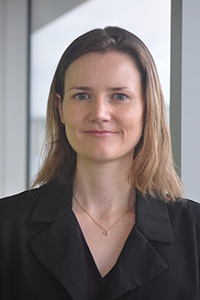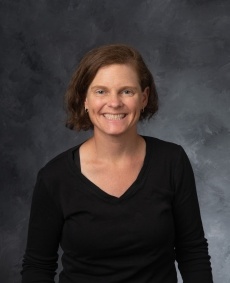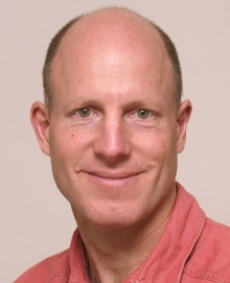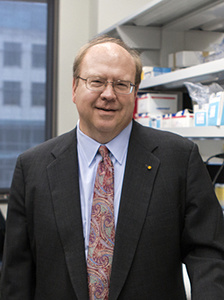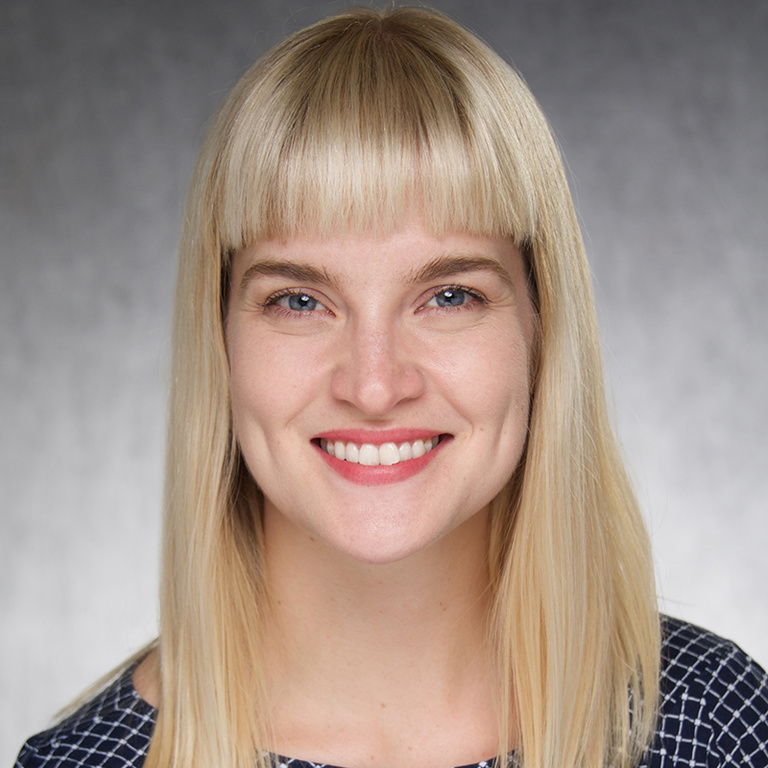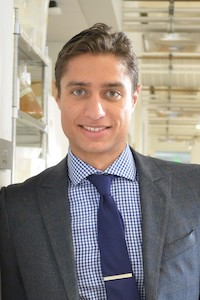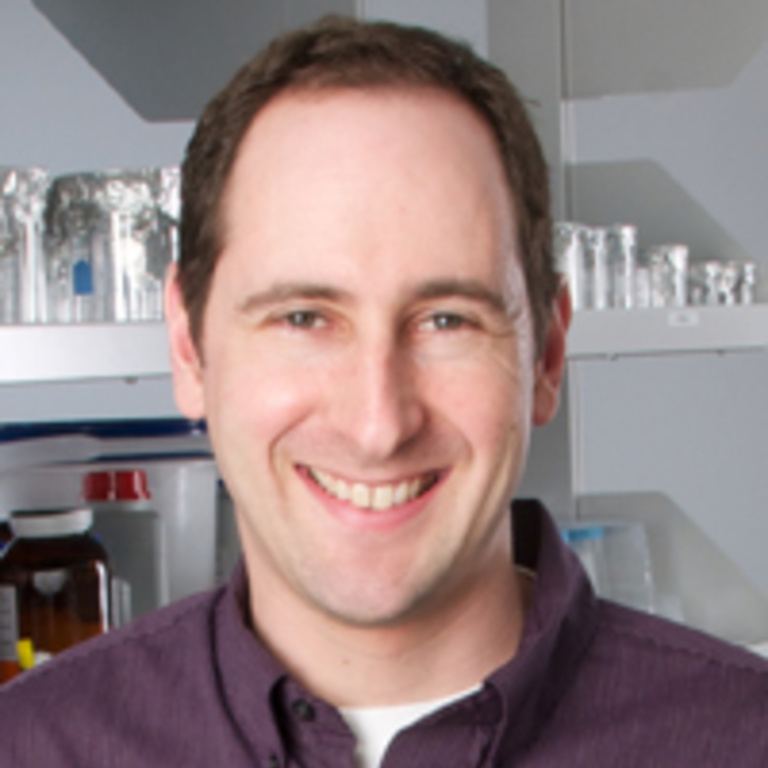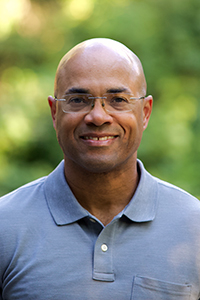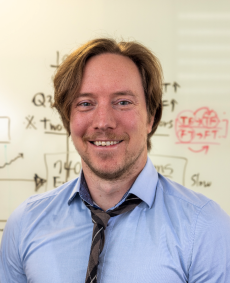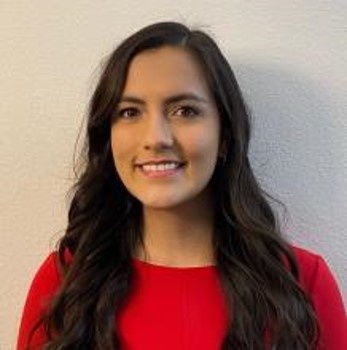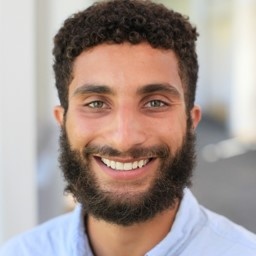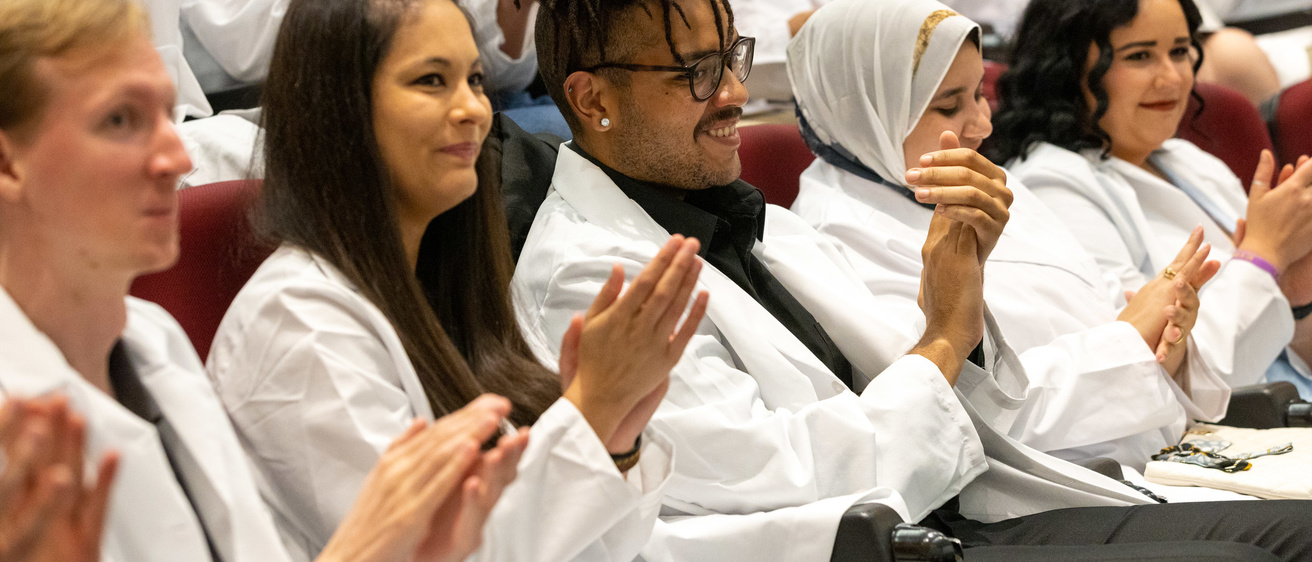
Breadcrumb
Program Leadership
Program Directors: Rainbo Hultman, Daniel Tranel, Michelle Voss
Executive Committee: Ted Abel, Aislinn Williams, Mike Wright, Jan Wessel, Andy Frank
Student Leadership: Yassine Filali, Pravda Quinones
Program Director Bios
Rainbo Hultman, PhD
is an assistant professor in the Dept. of Molecular Physiology & Biophysics and Associate Director for the Iowa Neuroscience Institute at the University of Iowa. Dr. Hultman has multidisciplinary training in molecular and systems neuroscience. She has outstanding training and a strong track record in mentoring students from groups in neuroscience. Dr. Hultman employs a value-based mentorship approach, and evidence-based mentoring strategies, encouraging students to bring their whole identity to the table, which has been incredibly effective at helping a wide range of students to flourish. In congruity with this approach, Dr. Hultman’s scholarship reflects not only her strength in a rigorous scientific research program, but also a commitment to working with larger scientific community to prioritize the mentorship and development of students. Dr. Hultman’s mentorship strategies proved especially helpful to her students during the pandemic, earning her the 2020 Distinguished Mentor Award from the Iowa Center for Research by Undergraduates.
Dr. Hultman’s neuroscience research expertise is aimed at studying electrical brain networks using a multidisciplinary approach integrating systems and computational neuroscience. She also has training in molecular and cellular neuroscience, which she integrates into this work in order to more deeply probe the mechanisms organizing functional brain networks. Her rigorous and novel approaches have earned her the NIH’s Director’s New Innovator Award and a McKnight Neurobiology of Disease award for this work.
Daniel Tranel, PhD
I am a cognitive neuroscientist and board-certified clinical neuropsychologist at the University of Iowa, with joint appointments in the College of Medicine (Neurology) and the College of Liberal Arts and Sciences (Psychological and Brain Sciences). My scientific work is conducted in the Division of Neuropsychology and Cognitive Neuroscience. I work as a clinician (licensed clinical neuropsychologist) in the Benton Neuropsychology Clinic. I have a long track record of contributions to cognitive neuroscience and clinical neuropsychology, including oversight of the Iowa Neurological Patient Registry. I have trained many students during my career, including undergraduate, graduate, medical, MD/PhD, and postdoctoral students, as well as many junior faculty. Most of my former trainees are now in tenured, tenure-stream, or postdoctoral positions. I have served on 93 PhD committees, 35 as Chair, and have supervised 54 postdoctoral scholars. I have focused especially on training students from diverse backgrounds, and have served on 18 PhD committees (8 as Chair) for underrepresented students. Having graduated from a Native American High School (St. Labre Indian School on the Northern Cheyenne Indian Reservation in Montana), I have a unique appreciation for the challenges faced by Native Americans, and would use this background to help tailor the experiences of any iDREAM participants from this population to their specific needs. I teach graduate and undergraduate courses at Iowa. My laboratory has been continuously funded (mainly by NIH) since 1983. Over the course of my career, I have maintained a commitment to clinical practice and operating a fully funded laboratory, and have published peer-reviewed articles and books on topics involving clinical neuropsychology and cognitive neuroscience.
I am the Program Director for the JSPTPN T32 (NS007421), a Neuroscience Training Program that has been supported continuously since 1999 and is currently funded through 2024. This T32 is the “parent grant” for the current R25 application, and I will serve as an MPI on the R25 and as the liaison to the T32. I have extensive experience with training grants, having written and renewed many and having performed peer review for many, over several decades. I will provide senior guidance and oversight for the R25, and will work closely with the other MPIs to ensure the success of the Doctoral Readiness Program.
Michelle Voss, PhD
of the Department of Psychological and Brain Sciences joined the UI faculty in 2012. Her primary research interests include using a cognitive neuroscience approach to study cognition, expertise, and learning and memory in the aging brain; effects of health behaviors on brain structure and function; systems-level approaches to functional MRI; and brain structure-function relationships. To date, she has published more than 115 peer-reviewed studies, five book chapters, and numerous conference abstracts, and has presented often at universities and conferences nationally and internationally. A committed teacher and mentor, Professor Voss—a member of Iowa's emerging Center on Neurodegeneration—teaches students at all levels, and has served on doctoral comprehensive exam or dissertation committees for some 50 students. She earned her PhD in Psychology, Brain and Cognition, from the University of Illinois at Urbana-Champaign.
Executive Committee Bios
Edwin G. (Ted) Abel, PhD
is the Roy J. Carver Chair in Neuroscience, Director of the Iowa Neuroscience Institute, and Chair of the Department of Neuroscience and Pharmacology in the Carver College of Medicine at the University of Iowa. He joined the University of Iowa in 2017 as director of the Iowa Neuroscience Institute, an interdisciplinary center that focuses on the causes, treatments, and prevention of diseases that affect the brain and nervous system. Dr. Abel is recognized as a pioneer in defining the molecular mechanisms of long-term memory storage and identifying how these processes go awry in neurodevelopmental and psychiatric disorders. He is a member of the National Academy of Medicine and a fellow of the American Association for the Advancement of Science, the American College of Neuropsychopharmacology, the Association for Psychological Science and the American Psychological Association. Dr. Abel prioritizes mentorship of students with interests in careers in Neuroscience research and has trained 102 undergraduates, 4 MA students, 19 PhD students and 22 postdoctoral fellows; iDREAM Leadership Team currently, 2 postdoctoral fellows, 4 research scientists, 5 graduate students, 2 undergraduates and 2 postbacs are training in his lab. Dr. Abel is an avid advocate for rigor, reproducibility, and responsible conduct of research, and emphasizes rigorous experimental design and data interpretation, as well as careful record keeping and accurate reporting. He will particularly contribute to the executive committee by making sure that iDREAM scholars are included and thoroughly integrated into the many activities and opportunities of the INI. He will also serve as a liaison for iDREAM to the INI external advisory committee.
Aislinn Williams, MD, PhD
is a molecular and cellular neuroscientist and psychiatrist at the University of Iowa. She is an Assistant Professor in the Department of Psychiatry, and Associate Director of the Iowa NeuroBank Core. As a first-generation college graduate from a low-income family in a rural underserved community, she has a strong commitment to making graduate school and MD/PhD programs accessible. Her current and former trainees include individuals from disabled, and neurodiverse backgrounds. She has published on enhancing mentorship for STEM trainees. Dr. Williams identifies as LGBTQ+. She has completed CAM training and facilitates RCR training in the Genetics program. She leads a team in Psychiatry that recently received funding to host visiting medical students to improve recruitment to UIHC residency programs. She works extensively with other leaders at UIHC to actively strengthen and expand education across the enterprise. Dr. Williams earned her PhD in the Iowa Neuroscience Graduate Program.
C. Andrew Frank, PhD
is a neuroscientist and a geneticist. He is an Associate Professor in the Department of Anatomy and Cell Biology within the Carver College of Medicine. He is a nationally recognized expert in the field of homeostatic synaptic plasticity, and his lab uses the Drosophila melanogaster neuromuscular junction as a model to understand how synapses maintain stable levels of function. He has trained five graduate students (four finishing with a PhD and one current student) and two postdocs. Three of those trainees have attained their own tenure-track faculty positions. He has served on the Neuroscience Graduate Program in Neuroscience’s Admissions Committee for ten years (2012- present), with six seasons as chair. From these experiences, he has advised many prospective graduate students on steps that they can take to prepare for graduate school in the life sciences and to compile competitive written materials for their applications. He will take a leadership role in iDREAM by making sure the iDREAM scholars are well-equipped with what they need for successful applications to graduate school.
Michael Wright, PhD
is a basic scientist in the Carver College of Medicine and a nationally recognized expert in quantitative proteomics. Dr. Wright has trained postdoctoral fellows, graduate students, and undergraduates since establishing his research program over 15 years at the University of California Davis in the Department of Pharmacology. He joined the Department of Molecular Physiology & Biophysics at the University of Iowa in 2008. As a first-generation African American PhD scientist, Dr. Wright has extensive experience and commitment to mentoring the next generation of URM scientists. As an undergraduate biology major, Dr. Wright founded the Minority Science Student Program (MSSP) at the University of Nevada Las Vegas (UNLV). Dr. Wright previously co-directed PREP@Iowa, a post-bac program aimed at training students from underrepresented backgrounds in STEM.
Jan Wessel, PhD
is a Cognitive Neuroscientist and Associate Professor in the Departments of Psychological & Brain Sciences and Neurology, with a secondary appointment in Biomedical Engineering. He is the Director of the Undergraduate Major Program in Neuroscience. A first-generation college graduate, he has developed an annual four-day brain research workshop targeted at UI first-generation undergraduate students. The goal of the workshop is to give these students a low-entry barrier view into academic neuroscience, ultimately aiming to place them into UI research labs as undergraduate research assistants. The workshop is funded by Dr. Wessel’s NSF CAREER grant. Beyond that, his research is funded by two R01 grants from the NIH, as well as Research Program of Excellence funds by the INI. Dr. Wessel has served extensively on the Neuroscience Graduate Program Admission Committee, and is intimately familiar with the process of evaluating graduate applications; he will bring this invaluable experience to the training of our iDREAM scholars.
Pravda Quinones, BS (student member)
is an incoming first year Pharmacology Graduate Student. She is currently completing her third year as a post-bac in Dr. Abel’s lab where she investigates the mechanisms of social deficits and sex differences in neurodevelopmental disorders. Alongside Dr. Ferri, she is working on identifying the amygdalar circuitry involved in social approach behavior using fiber photometry technology. As an immigrant from Mexico, Pravda is passionate in aiding students integrate into academia. While serving as a live-in resident assistant, she received formal trainings to foster welcoming and supportive environments focusing on academic success for University of Iowa undergraduate students. She also served as a University of Iowa Hospitals and Clinics volunteer program coordinator and has extensive experience mentoring students. She is eager to apply her skillset to the iDREAM program.
Yassine Filali, BSE (student member)
is a first year Neuroscience Graduate Student who was previously a post-bac in Dr. Hultman’s lab, where he pioneered a single cell RNA-Seq project evaluating transcriptomics of stress vulnerability. Having overcome many barriers as an African American engineer, he has a deep understanding of challenges that our iDREAM post-bacs are likely to face. He has served as a mentor as part of the Multi-Ethnic Engineering and Science Association (MESA), which focused on the empowerment and retention of undergraduates. He is also an active member of the Association of Multicultural Scientists at Iowa and will be able to connect our students to ongoing activities and social networks of scientists at Iowa. His insights and networking have been and continue to be invaluable to the iDREAM program.
